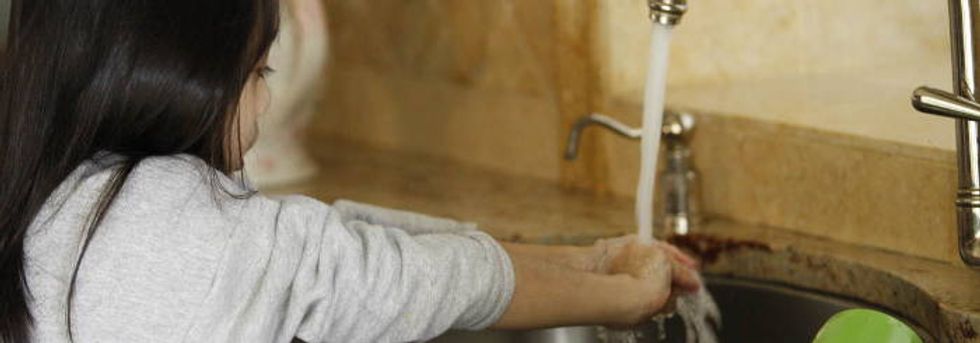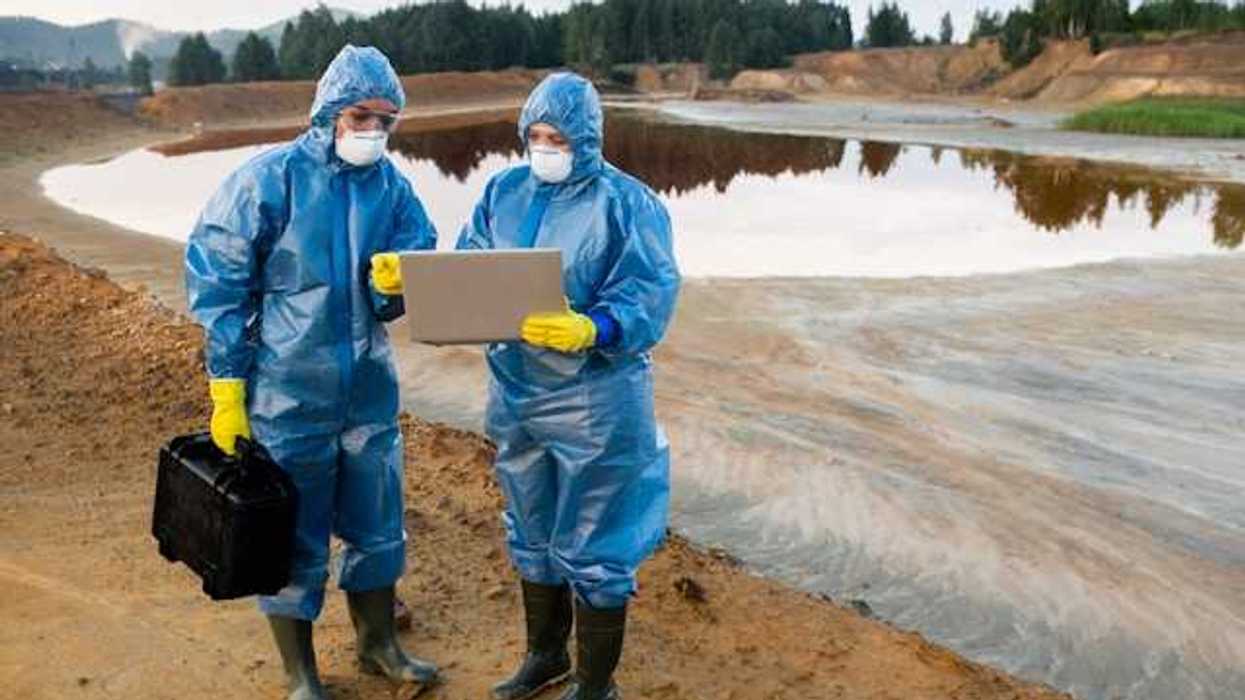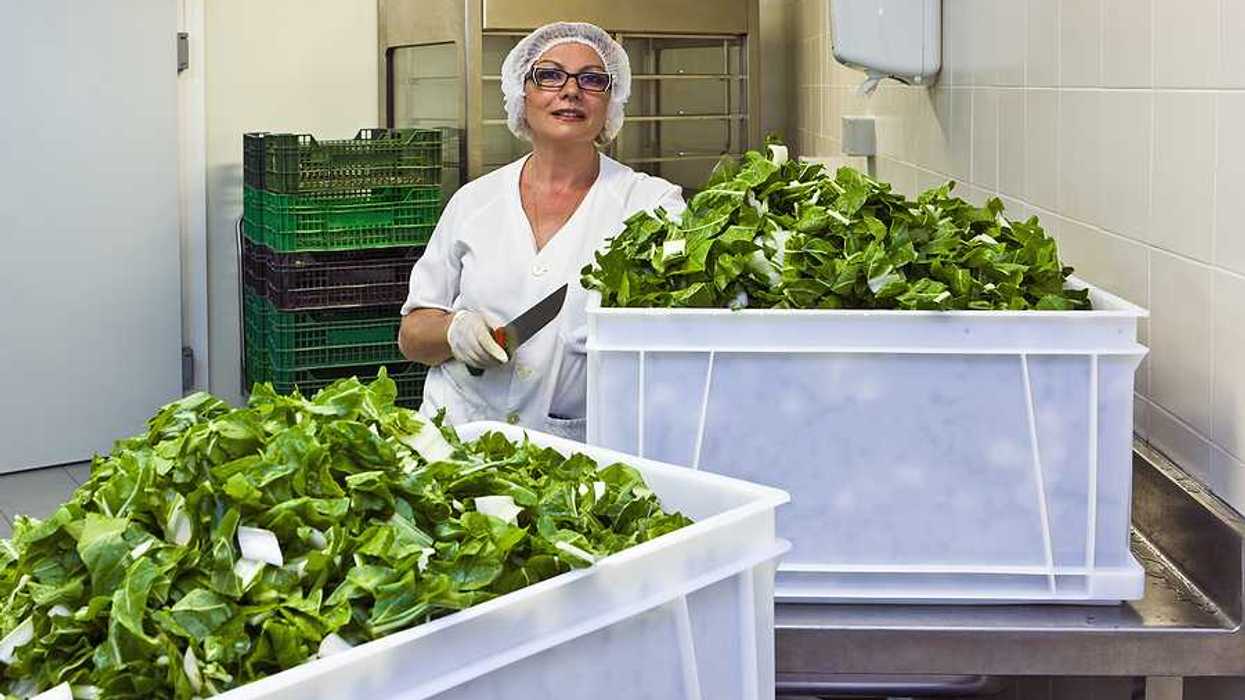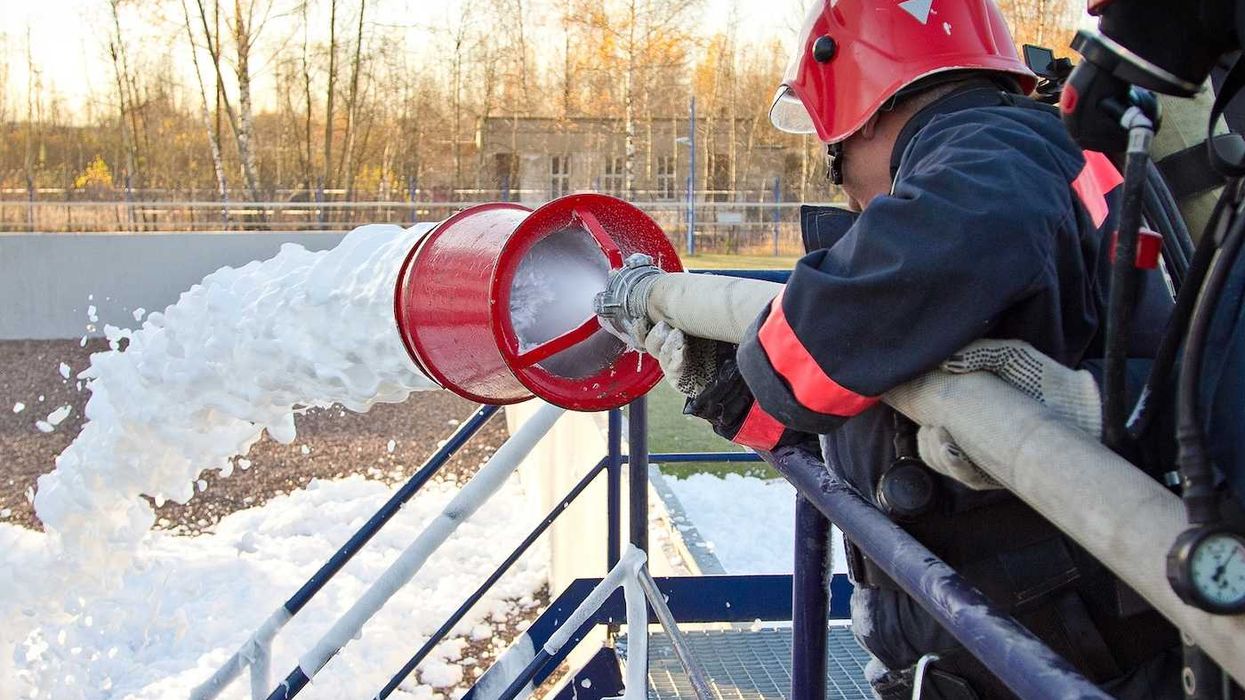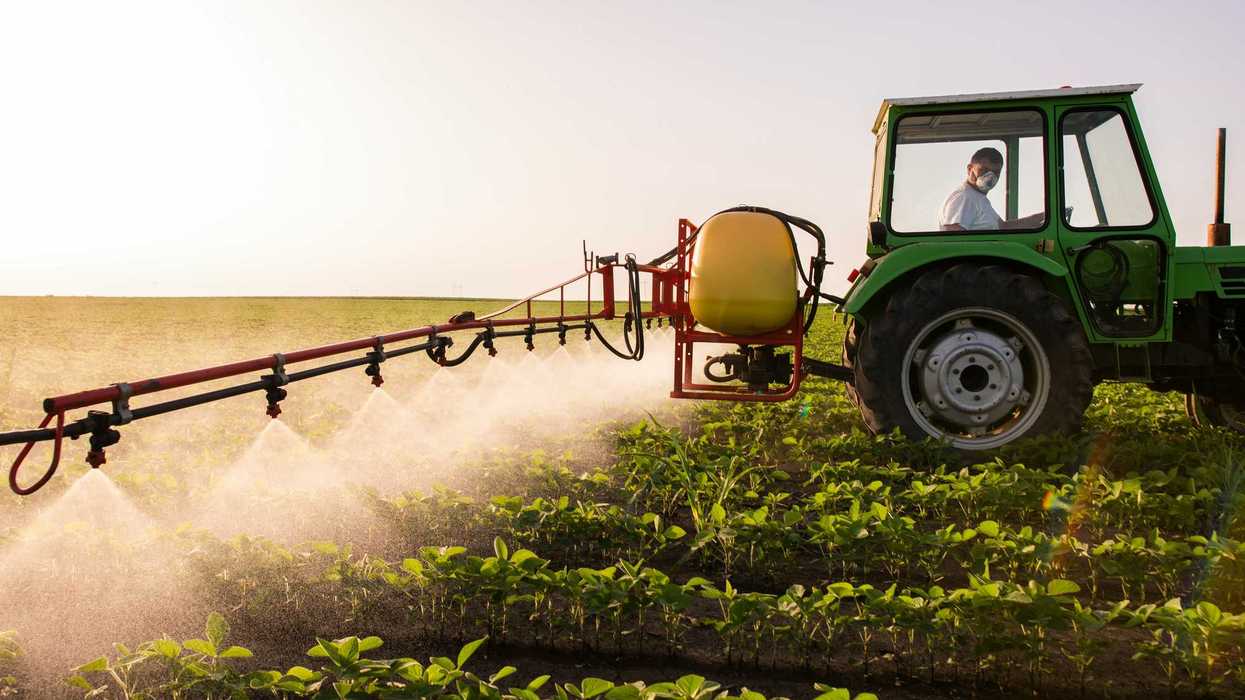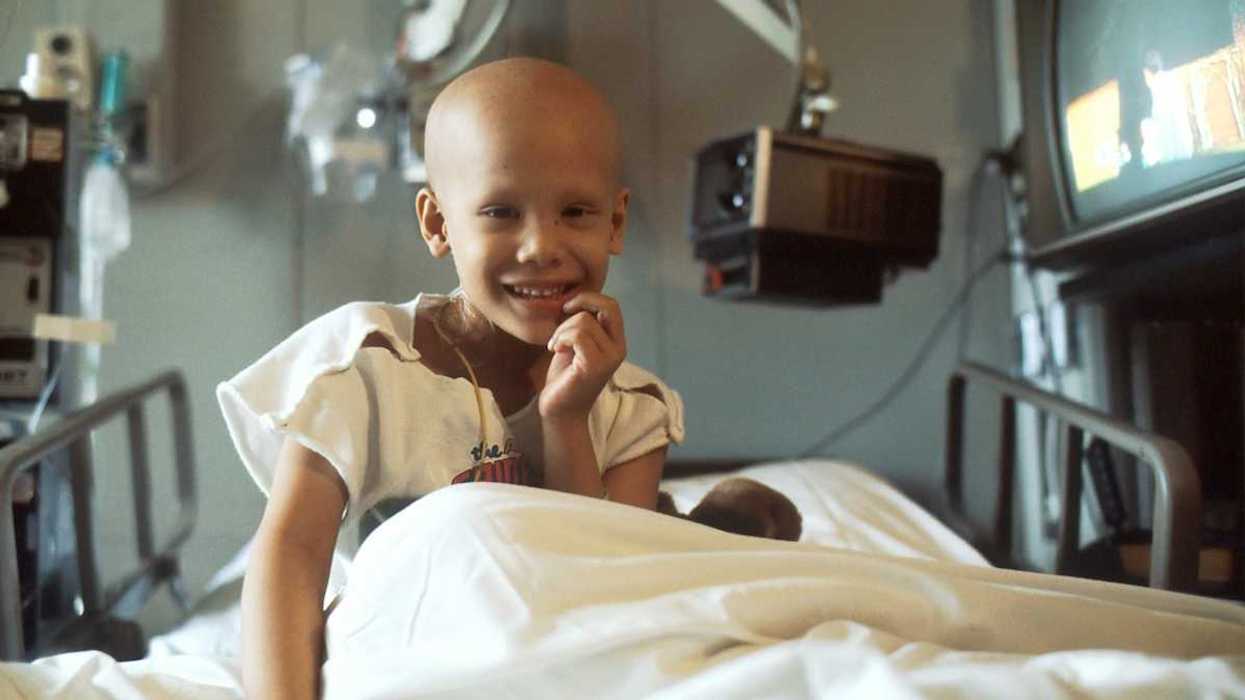Two ingredients used in thousands of products to kill bacteria, fungi and viruses linger in the environment and pose a risk to human health, according to a statement released today by more than 200 scientists and health professionals.
The scientists say the possible benefits in most uses of triclosan and triclocaraban—used in some soaps, toothpastes, detergents, paints, carpets—are not worth the risk. The statement, published today in the Environmental Health Perspectives journal, urges “the international community to limit the production and use of triclosan and triclocarban and to question the use of other antimicrobials."
They also call for warning labels on any product containing triclosan and triclocarban and for bolstered research of the chemicals' environmental toll.
The statement says evidence that the compounds are accumulating in water, land, wildlife and humans is sufficient to merit action.
“We want to draw attention to the increasing use of antimicrobials in a lot of products," said Dr. Ted Schettler, science director of the Science and Environmental Health Network and one of the signatories of the statement. “Triclosan and triclocarban rose to the top because they've been in use for so long and exposures are so widespread."
The chemicals are used to kills microbes such as bacteria and viruses that make people ill. However, both chemicals affect animals' hormone systems, causing reproductive and development problems. And there is nascent evidence that the impacts may extend to humans as well—having been linked to reduced growth of fetuses, earlier births, and lower head circumference in boys at birth.
The compounds are used in an estimated 2,000 products but are being phased out of some uses. In February the EU banned triclosan in hygiene products. U.S. manufacturers are phasing out triclosan from hand soaps after the Food and Drug Administration banned it last year amid concerns that the compound disrupted the body's hormone systems.
The FDA noted in the restriction that antibacterial hand soaps were no more effective than non-antibacterial soap and water at preventing illness.
“Triclosan and triclocarban have been permitted for years without definitive proof they're providing benefits," said Avery Lindeman, deputy director of the Green Policy Institute and one of the signatories of the statement. The compounds, he added, serve as little more than a “marketing ploy" for many products, such as antimicrobial cutting boards and socks.
Despite soap bans, triclosan remains in Colgate Total toothpaste, some cleaning products and cosmetics. More worrisome, Lindeman said some manufactures of personal care products are simply substituting other antimicrobials for triclosan—some of which may pose the same risks to people and the environment.
Triclosan and triclocarban also show up in odd places, such as building products, Schettler said. “Some building materials are subject to microbial degradation, attacked by things like fungi that break them down, so manufacturers will put antimicrobials in there to reduce the risk," he said.
Because of the widespread use, most people have some levels of triclosan in them. A 2008 study of U.S. residents found it in the urine of about 75 percent of people tested.
Once the compounds get into the environment, they don't readily go away. Researchers have detected triclosan and triclocarban in water and sediment all over the world—including drinking water, oceans and streams. The U.S. Geological Survey found triclosan in 60 percent of U.S. streams. Studies have shown triclosan toxic to some algae, fish and other crustaceans.
The compounds impact hormones in animal studies. And there's evidence that they may do the same to developing babies. Properly functioning hormones are critical for babies' proper development. Last month Brown University researchers reportedthat mothers' triclosan exposure during pregnancy was linked to lower birth weights, smaller heads and earlier births. They also found that as they children aged, triclosan levels spiked after they brush their teeth or wash their hands.
In addition to endocrine disruption concerns, Lindeman and other signers outline two other potential human health impacts from exposure to triclosan: heightened sensitivity to allergens, and antibiotic resistance.
Large studies of children in the United States and Norway have linked triclosan to allergies and worsening asthma. And there is evidence bacteria that develop resistance to triclosan also become resistant to other antibacterial compounds.
Companies such as Colgate have defended triclosan use. The American Chemistry Council, which represents chemical manufacturers, declined to comment on the statement.
The authors of the statement recognize the need for antimicrobials and didn't call for a total ban, Schettler said. Toothpastes with triclosan can people with gum disease and in hospitals it is crucial to have such germ-killing soaps for pre-surgery and to use around people with immune systems problems, he said.
But the everyday use could be curbed, he added, and the hope is the statement starts a broader conversation.
“Whether it will have an influence on the policy level remains to be seen, but a lot can come together through consumer interest and concerns causing manufacturers to slowly shift directions," Schettler said.
EHN welcomes republication of our stories, but we require that publications include the author's name and EHN at the top of the piece, along with a link back to EHN's version.
For questions or feedback about this piece, contact Brian Bienkowski at bbienkowski@ehn.org.

